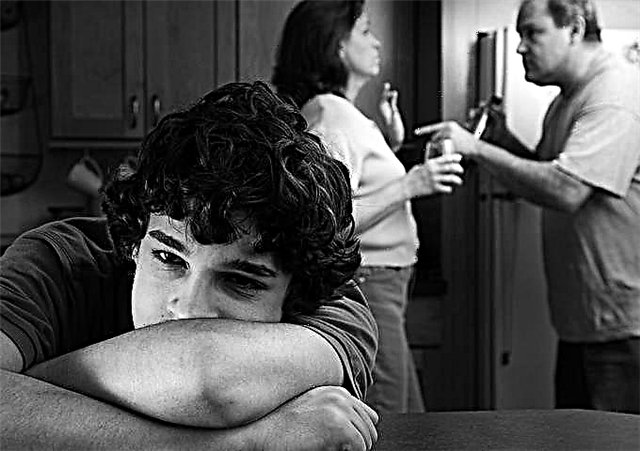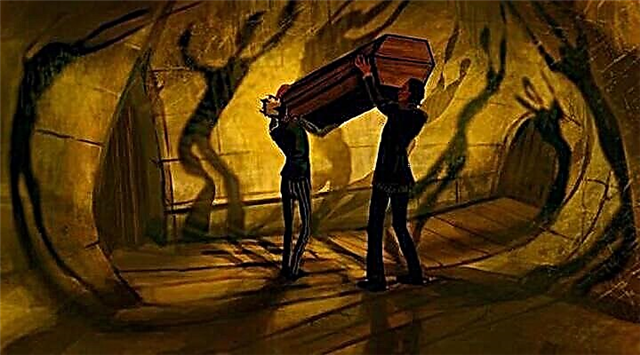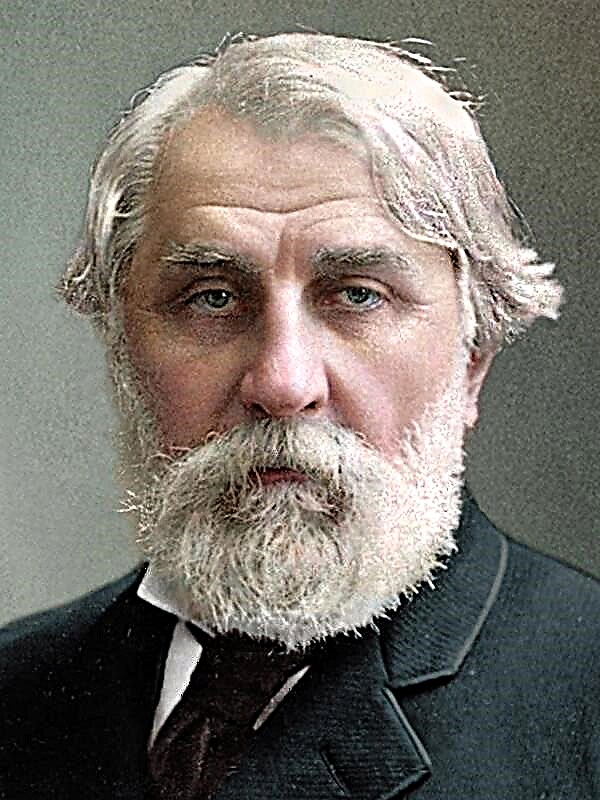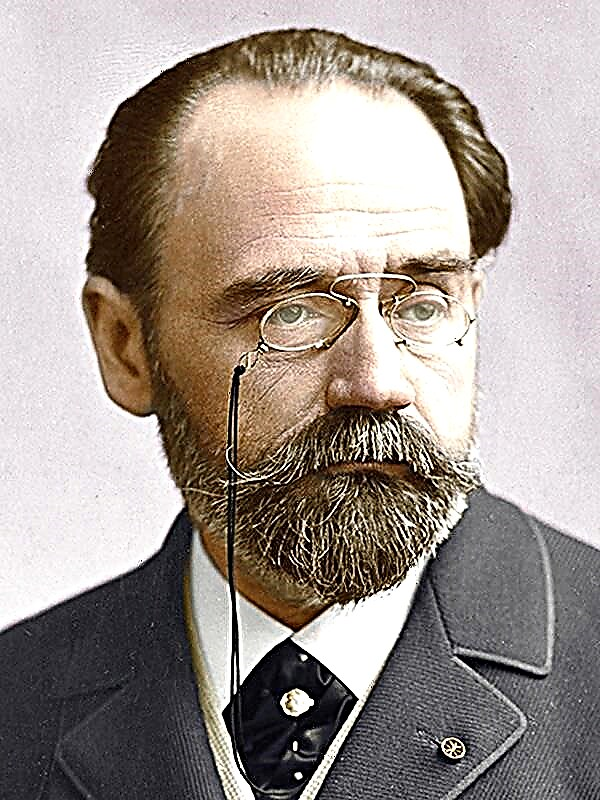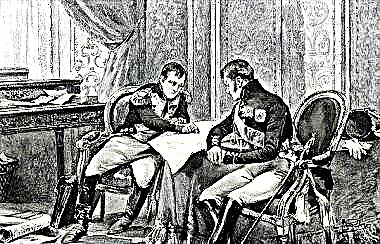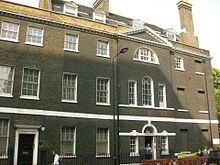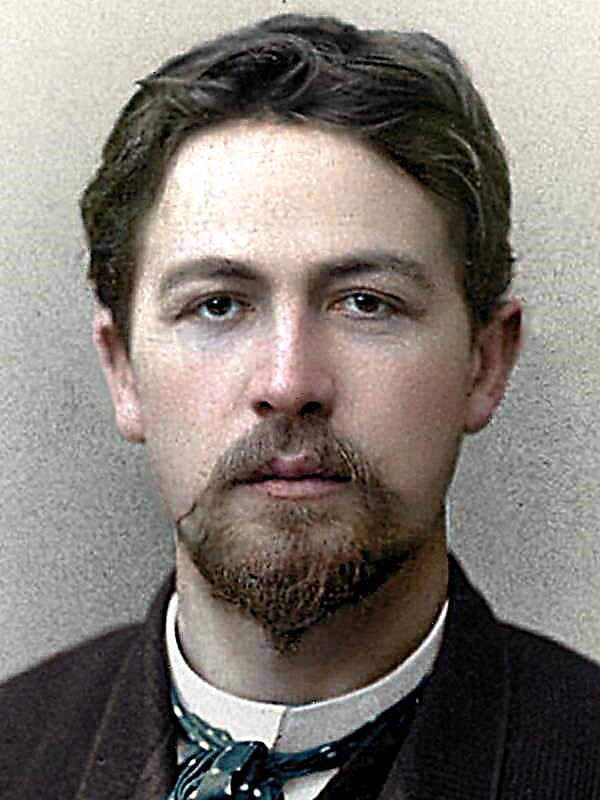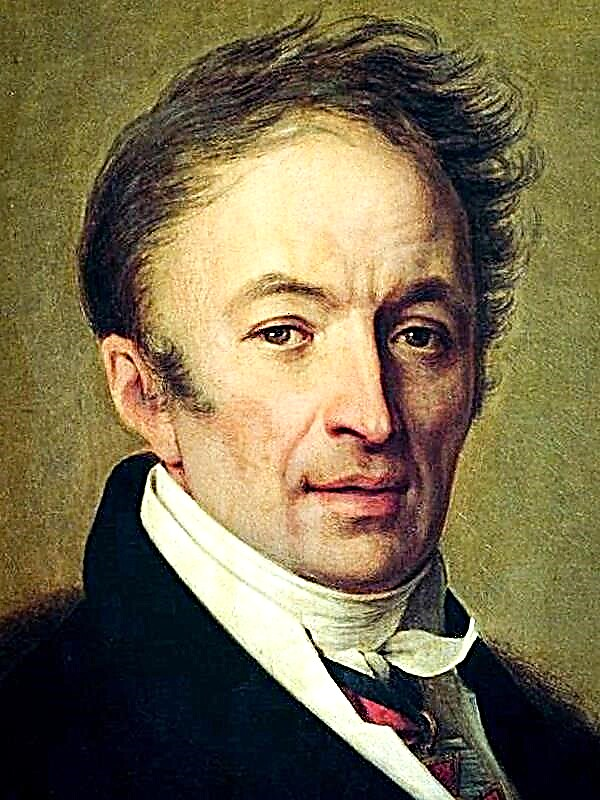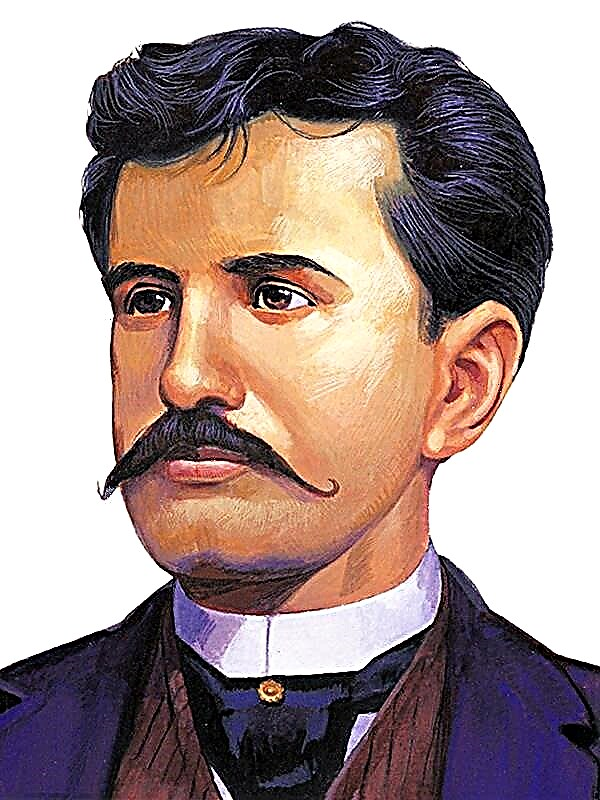Share
Pin
Tweet
Send
Share
Send
Here you will find the most relevant issues regarding the process of growing up, from texts for preparing for the Unified State Exam in the Russian language. To each of them are selected literary arguments from a variety of books. You can download the table with all of them at the end of the article.
Relations between fathers and children
- I. S. Turgenev in the novel "Fathers and Sons" touched upon the problem of the relationship of the old and new generations. The protagonist, the young nihilist Yevgeny Bazarov, confronts the nobleman Pavel Kirsanov and his own parents. Pavel Petrovich actively defends the old foundations, while Eugene tries to destroy them in order to build new ones on this site. Representatives of different generations argue about everything. Eugene’s parents worry that they can’t find a common language with their son. When he died, they come to his grave and greatly regret the misfortune that happened, because whatever the relationship, parents almost always love children more than anything.
- The conflict of generations can be found in the drama by A. N. Ostrovsky “The Storm”. The old ones are Boar and Wild. To the new - Katerina, Varvara, Boris and Tikhon. Due to moral oppression by her mother-in-law, the main character Katerina feels unhappy, lonely, tortured, and this depressed state pushes her to treason. Her husband is weak, he has no willpower, so he leaves his wife alone with problems, and he goes to the tavern. This only aggravates the situation of a young woman. Boris also turns out to be weak-willed, therefore, cannot take responsibility for love. Wild tightly holds him in a vise, not wanting to break the old order, namely, to keep the youths in strictness. The heroine, left alone, is unable to endure such a life, therefore, she rushes off a cliff. Tikhon only after the death of Katerina finds the strength to blame her mother for what happened. This example shows that both sides of the conflict are wrong, and it is very important to learn in time to realize that you are wrong and to find a compromise.
Growing process
- The process of growing up is well described. in the story of A. Pushkin "The Captain's Daughter". The main character, Pyotr Grinev, at the beginning of the work was an inexperienced boy. He began to play cards, greatly offended Savelich's mentor, who treated him like a native. However, later Peter grew up and turned into a noble and strong man. Most of all this was facilitated by feelings for Marya Mironova and the peasant war, in which it was necessary to make adult and responsible decisions. He was forced to grow out of a lad who only drove pigeons around the yard, because the fate of Russia was in front of him, and his beloved needed help. Under the influence of these circumstances, the hero recalls his father’s testament: “Take care of honor from a young age”. Guided by them, he valiantly serves the Empress and saves his love.
- The process of growing up is described in a series of epic George Martin's fantasy novels "A Song of Ice and Fire". One of the heroines, Sansa Stark, was naive and frivolous in her childhood. She dreamed of leaving the native northern Winterfell south, marrying a noble lord, prince or king. However, later the girl was surrounded by enemies and realized that the most important thing was the family. Therefore, they, the northerners, need to stick together. After Sansu was married twice against her will, she became strong and courageous. She was even able to take revenge on her husband, who scoffed at her and killed her brother. This means that adversity makes people grow up.
Early adulthood
- Early adulthood affected in the work of A. P. Platonov “Return”. Alexey Ivanov returns home after the war and sees that the place of the head of the family was taken by his eleven-year-old son Peter. The author notes that the boy seemed older than his age. He looked like a small, poor, but healthy peasant. Life without a father taught him to be a support for his mother and sister. It follows from this example that the conditions of life and upbringing influence the early adulthood. If the hero had not initially laid the moral foundations in the family, then his son, under the pressure of circumstances, would not have stood the test.
- The problem of early adulthood describes Joan Rowling in Harry Potter and the Sorcerer's Stone. The protagonist, a boy of eleven, grew up without parents in the house of an aunt, uncle and cousin. They treated him like a servant and did not consider it necessary to please with gifts. Once Harry was presented with a toothpick for his birthday, but they didn’t even remember about the eleventh birthday. A boy from an early age understood that he could only rely on himself. Thus, he matured early due to the fact that he was left without a family, surrounded by people indifferent to him. However, it must be borne in mind that Harry was originally brought up correctly, so such circumstances did not break him, but tempered his spirit.
The consequences of poor parenting
- Revealed the problem of poor education D.I. Fonvizin in the work "The Undergrowth". The landowner-fortress Prostakova is completely not engaged in the education of her son. Teachers are hired only for prestige. The mother does not put subordinates in anything and rudely treats them, trying to marry her son profitably. Bottom line: Mitrofanushka at her 15 years old can neither read, nor write, nor count, nor speak politely. He is stupid, like Prostakova. The boy is poorly raised, even his mother is bold. Hence the well-known phrase: “Here is the malignancy worthy of the fruit.” The heroine herself behaved disgustingly and ignorantly, so her son absorbed only the vices inherent in her, and he had nowhere to take virtues from.
- The problem of poor education raised Oscar Wilde in "Portrait of Dorian Gray". Dorian met Henry Watton, who began to gradually corrupt the youthful mind. Standing on a curve path to a young man was also helped by an unexpectedly fulfilled wish - that the portrait would age over the years instead. Dorian succumbed to temptations, did terrible things, and paid for it. And all the blame for the thoughtless advice of Henry Wotton. From this we can conclude that education plays an important role in human life.
The desire of children to get older
- In the children's work “Cat-warriors. Sign of the Three »Erin Hunter writes about the kitten Lion Cub, who dreamed of growing up and becoming a squire. Later this happened, and he was given a new name - Lionolap. He trained hard to become the best in everything. He ran, jumped, fought, practiced fighting techniques, tried to distinguish himself from his elders, tried to make his parents proud of him. Young children also dream of growing up and gaining a prestigious profession. This is a normal desire that should not be criticized or thwarted. The main thing is that the child does not act rashly, imitating the wrong example.
- In the work of Andrzej Sapkowski “The Witcher. Elven Blood there is a girl named Tsiri who is diligently studying martial art and dreams of becoming a good warrior and defending the weak. Enemies destroyed her native palace, and grandmother Queen Kalante threw herself from the balcony so as not to get them alive. Tsiri wants to avenge himself, her and many others. Therefore, trying to be stronger and more mature. This is a noble goal, but still it should not develop into villainy, especially in the performance of a child who cannot fully appreciate the situation.
Share
Pin
Tweet
Send
Share
Send

